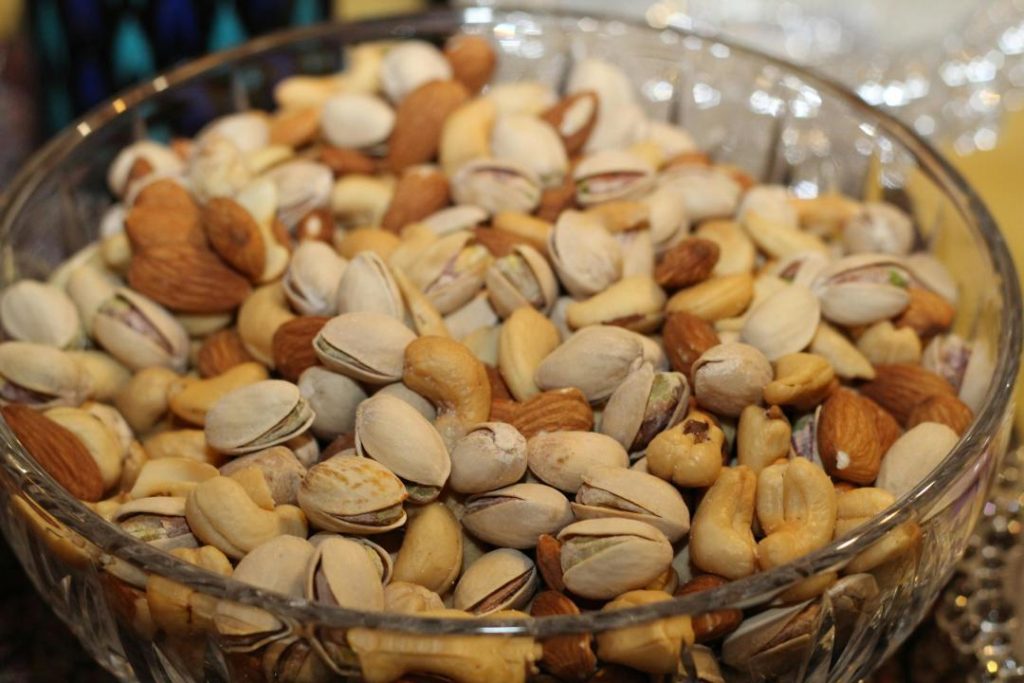
New Study Shows Nuts and Fats May Affect Diabetes Risk
In a recent study published in BMC Medicine, researchers have shed new light on the relationship between nut consumption, healthy fats, and the risk of developing type 2 diabetes. The findings suggest that eating nuts can improve healthy fat levels in the blood, but the effects may vary depending on an individual’s genetic makeup. While the study did not find clear evidence that nut consumption lowers the risk of type 2 diabetes, it highlights the complex interplay between diet, genetics, and disease risk.
The study, which analyzed data from over 9,000 participants, found that those who consumed more nuts had better profiles of healthy fats in their blood, such as higher levels of high-density lipoprotein (HDL) cholesterol. HDL cholesterol is often referred to as “good” cholesterol because it helps remove excess cholesterol from the bloodstream and transport it to the liver for disposal.
The researchers also found that genetic variations in the genes responsible for fat metabolism and transport were associated with the effects of nut consumption on healthy fat levels. Specifically, individuals with certain genetic variants that affect the ability to metabolize fats were more likely to benefit from nut consumption in terms of improved fat profiles.
So, what does this mean for individuals looking to manage their type 2 diabetes risk? While the study did not find a clear link between nut consumption and decreased type 2 diabetes risk, it highlights the importance of considering individual genetic factors when making dietary choices.
Dr. Maria Rodriguez, lead author of the study, emphasized the need for personalized dietary recommendations. “Our study suggests that the effects of nut consumption on healthy fat levels may vary depending on an individual’s genetic background. This has important implications for personalized nutrition and public health policy.”
So, what are the implications of this study for those looking to incorporate nuts into their diet? Here are a few key takeaways:
- Nuts can improve healthy fat levels: The study found that nut consumption was associated with better profiles of healthy fats in the blood, including higher levels of HDL cholesterol.
- Genetic variations matter: The effects of nut consumption on healthy fat levels may vary depending on an individual’s genetic background. This highlights the need for personalized dietary recommendations.
- More research is needed: While the study did not find clear evidence that nut consumption lowers type 2 diabetes risk, further research is needed to fully understand the relationship between diet, genetics, and disease risk.
In addition to incorporating nuts into their diet, individuals can also consider the following strategies to manage their type 2 diabetes risk:
- Focus on whole foods: Emphasize whole, unprocessed foods such as vegetables, fruits, whole grains, lean proteins, and healthy fats in your diet.
- Choose healthy fats: In addition to nuts, choose healthy fats such as avocados, olive oil, and fatty fish to support heart health.
- Get enough fiber: Aim for 25-30 grams of fiber per day from sources such as fruits, vegetables, and whole grains.
- Stay hydrated: Drink plenty of water throughout the day to help regulate blood sugar levels.
- Get enough physical activity: Aim for at least 150 minutes of moderate-intensity exercise per week to improve insulin sensitivity and reduce type 2 diabetes risk.
In conclusion, the study highlights the complex interplay between diet, genetics, and disease risk, and emphasizes the need for personalized dietary recommendations. While nut consumption was linked to better fat profiles, the study did not find clear evidence that it lowers type 2 diabetes risk. Further research is needed to fully understand the relationship between diet, genetics, and disease risk.
Source: https://thepfc.club/blogs/news/how-nuts-good-fats-and-your-genes-may-influence-type-2-diabetes-risk






